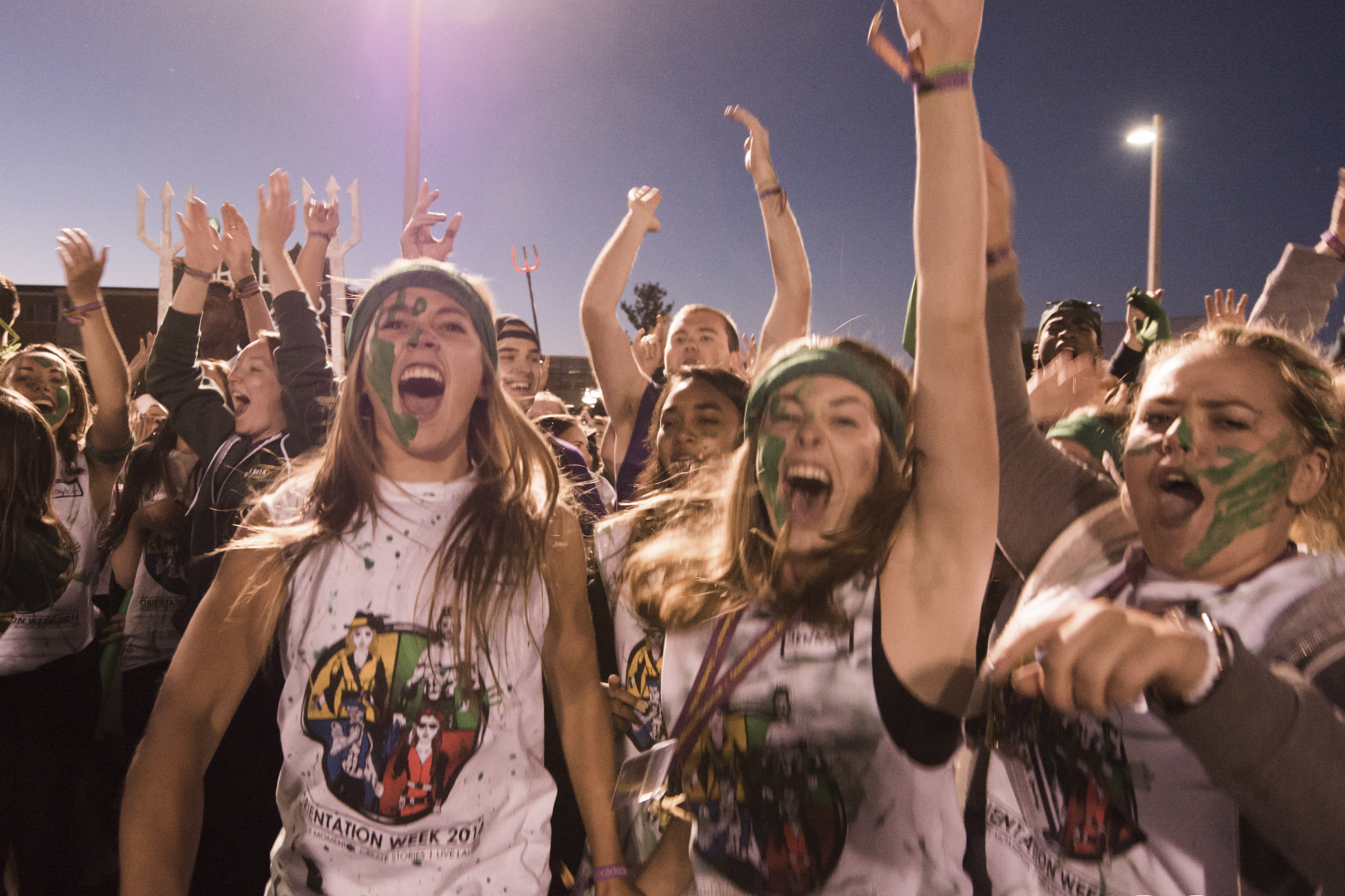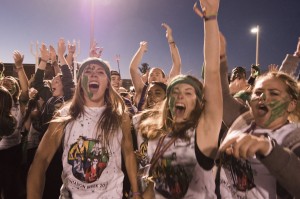Flaws of O-week, from a former icebreaker

Thoughts on O-Week from a former Ice Breaker

To start things off, I have to say Wilfrid Laurier University’s Orientation Week has incredible value and was a great experience two out of the three times I have participated. With that being said, it also has some big flaws.
First of all, there is the problem of tired icebreakers.
Icebreaking is a great experience; my year as an icebreaker was an experience I will never forget, but it also came with a gigantic downside.
With Laurier having such an action packed O-Week, those who lead the first years find themselves not only having to attend almost all events, but also having to attend meetings paired around them.
You have little breaks from long days that start at 8 a.m. at the latest, and tend to go as late as midnight.
This results in a minimum of 70 hours put in during the week when looking at the schedule this year.
On top of this, class now starts during O-Week. In the past, one day of rest wasn’t even enough; now icebreakers have to rotate between being diligent icebreakers and being diligent students.
With the massive commitment of O-Week, icebreakers are worked to the bone every year, which ultimately results in colds, lost voices and other side effects of an overworked immune system.
As an icebreaker I was sick for the first week of classes in fourth year. A balance needs to be found between making O-Week the best it can be, while ensuring it does not drain those who participate.
The second issue is one of a lack of alternatives. Some of the big criticisms I have heard against O-Week is that there is a lack of alternative programming, resulting in first-year students who feel like their choice is to do what the rest of their floor does or stay back alone.
It doesn’t have to be like that. Laurier Students’ Public Interest Research Group has hosted Rad Week for six years now; this event has provided free and interesting alternative events for students to attend.
The Wilfrid Laurier University Students’ Union also offers some alternative programming to their regular O-Week.
This year, they had a movie during the On Campus Celebration and a recreation class during Comedy Night.
The issue is that icebreakers and other O-Week volunteers are not informed about these alternatives and make no apparent effort to present them as options.
I participated in three O-Weeks: as a first-year, Shinerama volunteer and an icebreaker, respectively, and not once was I informed about alternative options.
This was such a disappointment because LSPIRG events would have been a much better option for several of my first years when I was a breaker. In a time where mental health is more in the spotlight than ever before, O-Week needs to remember that pigeonholing everyone into one option is not a smart choice.
The third issue is the inefficient hiring process. After some apparent issues with hiring a few years back, the lottery system was adopted.
In plain terms, all applicants must attend an info session and get better than a 75 per cent on the STARR format application and have a GPA of 5.0 or higher.
25 per cent of the spots are for veteran breakers, and their applications include evaluations from previous years.
Those left over get thrown into a pool with the rest for the remaining spots. The flaws with this are plentiful.
For one, older students, who are probably already familiar with the STARR marking system, find it easier to get a passing STARR grade.
Moreover, a bad mark on a former icebreaker’s evaluation from a partner, quad group or head icebreaker only lessens the chance of winning the lottery, but does not eliminate them.
The result is potentially hiring first-time and returning breakers who are not a good fit to lead incoming first-years for a multitude of reasons. A new process is needed that can help ensure those people who are leading first years are always the best ones for the job.
While these three points can seem overly negative, I do not hate O-Week. It is a great opportunity for so many people involved.
The purpose of this is to get the conversation going as a campus and to ensure one of the most important times of the year is not just following the status quo, but constantly improving.


